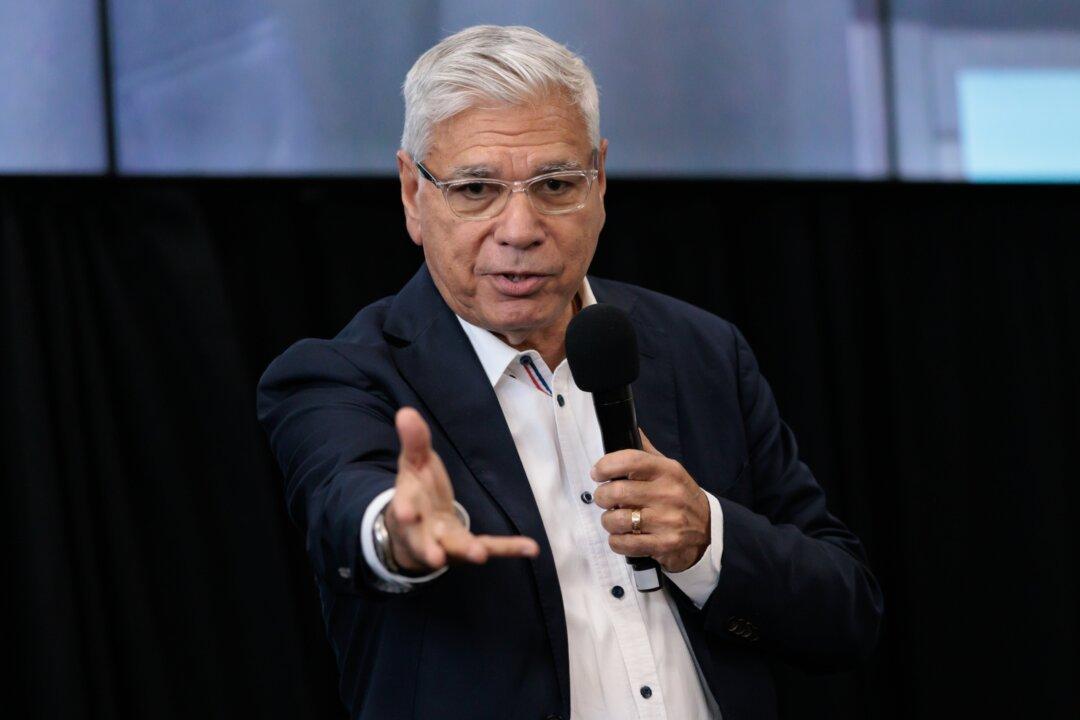Leading “No” campaigner Warren Mundine has called the Uluru Statement from the Heart a “symbolic declaration of war against modern Australia.”
In a speech to the National Press Club on Sept. 26, Mr. Mundine criticised the Uluru Statement for depicting Indigenous Australians as trapped under oppression.





